
Ep.6 さくら...percentage??
Descrizione
最近日本は暖かくなって春だな~って感じる日が多くて、桜も咲いてきたよ!みんなが住んでいるところはどうかな?そういえば、桜がどのくらい咲いているかは特別な数え方をするの知ってる?桜が咲き始めたころは「開花宣言」っていうよ。
It's getting warmer and warmer in Japan these days, and the cherry blossoms are blooming! How about where you live? Oh, by the way, did you know that there is a special way to count how much cherry blossoms are in bloom? When the cherry blossoms begin to bloom, it is called "Kaika sengen" (declaration of blooming)
今年、2022年は3月17日に福岡で「開花宣言」があって一番早かったよ。そして、その次に3月20日に東京で「開花宣言」があったんだよね。北海道は4月20日ごろに咲く予定らしいよ。毎年「さくら開花予想」っていう地図があるからググって見てみてね。
This year, 2022, Fukuoka was the first to declare the blooming of cherry blossoms on March 17. The next earliest was Tokyo, which declared the blooming of cherry blossoms on March 20. Hokkaido is scheduled to bloom around April 20. There is a map called "cherry blossom forecast" every year, so please Google it and check it out.
桜が半分くらい咲けば50%咲いているの意味になる「五分(ぶ)ざき」っていうんだよね。だいたい80%咲いたら「満開」って言ってお花見をしたりする人が多くなるよ。なんで80%は「八分ざき」じゃなくて「満開」かっていうと「今、桜は100%咲いています!」っていうともう散り始めるかららしいよ。
If half of the cherry trees are in bloom, it is called "gobu zaki," meaning that 50% of the cherry trees are in bloom. When 80% of the cherry blossoms are in full bloom, it is called "mankai," and many people go cherry blossom viewing. The reason why 80% is called "full bloom" and not "hachibu zaki(80% bloom)" is because "100% of the cherry trees are in full bloom now!" means the cherry blossoms will already begin to fall.
ちなみに「開花宣言」があったらニュースでは「さくらの便りがありました」っていうんだよね。「便り」っていうのは「手紙」って意味だよ。例えば「本日、福岡から桜の便りがありました」みたいな。だいたい「開花宣言」から1週間くらいかけて満開になっていくから、もし日本のニュースを見ることがあれば注意して見てみてね
By the way, when the "blooming of cherry blossoms" is declared, the news says "there is a "tayori" of cherry blossoms". The word "tayori" means "letter". For example, "Today, we received "tayori" of cherry blossoms from Fukuoka". It usually takes about a week after the "bloom declaration" for the cherry blossoms to be in full bloom, so if you watch the news in Japan, pay attention to it.
Canale dei podcast
ガチ日本語 - Everyday Japanese -
Autore
Tutti gli episodi

Вкратце расскажу о том, как вчера наводила порядок

Learn Basic French: Les moyens de transport (means of transport)
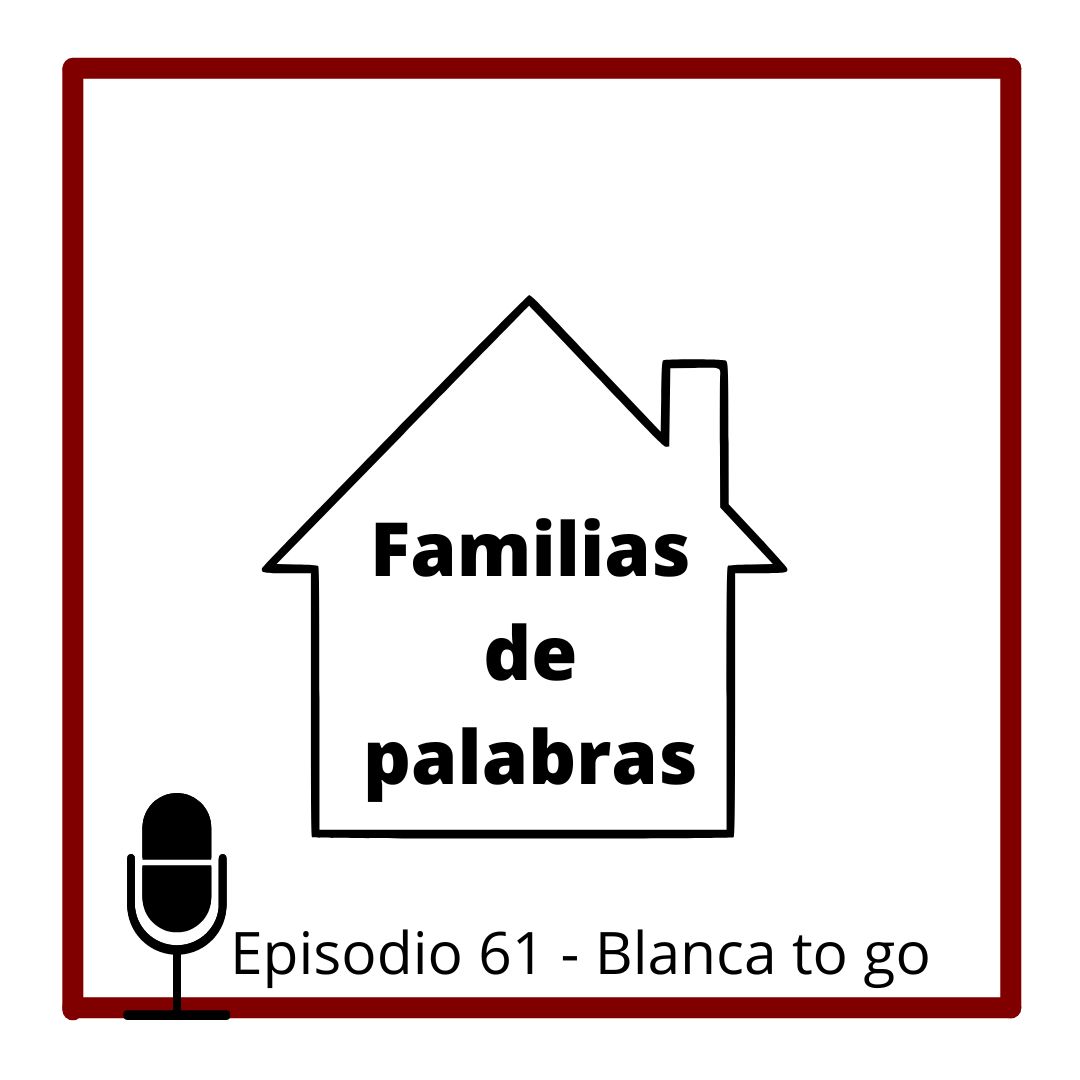
61 – familias de palabras.
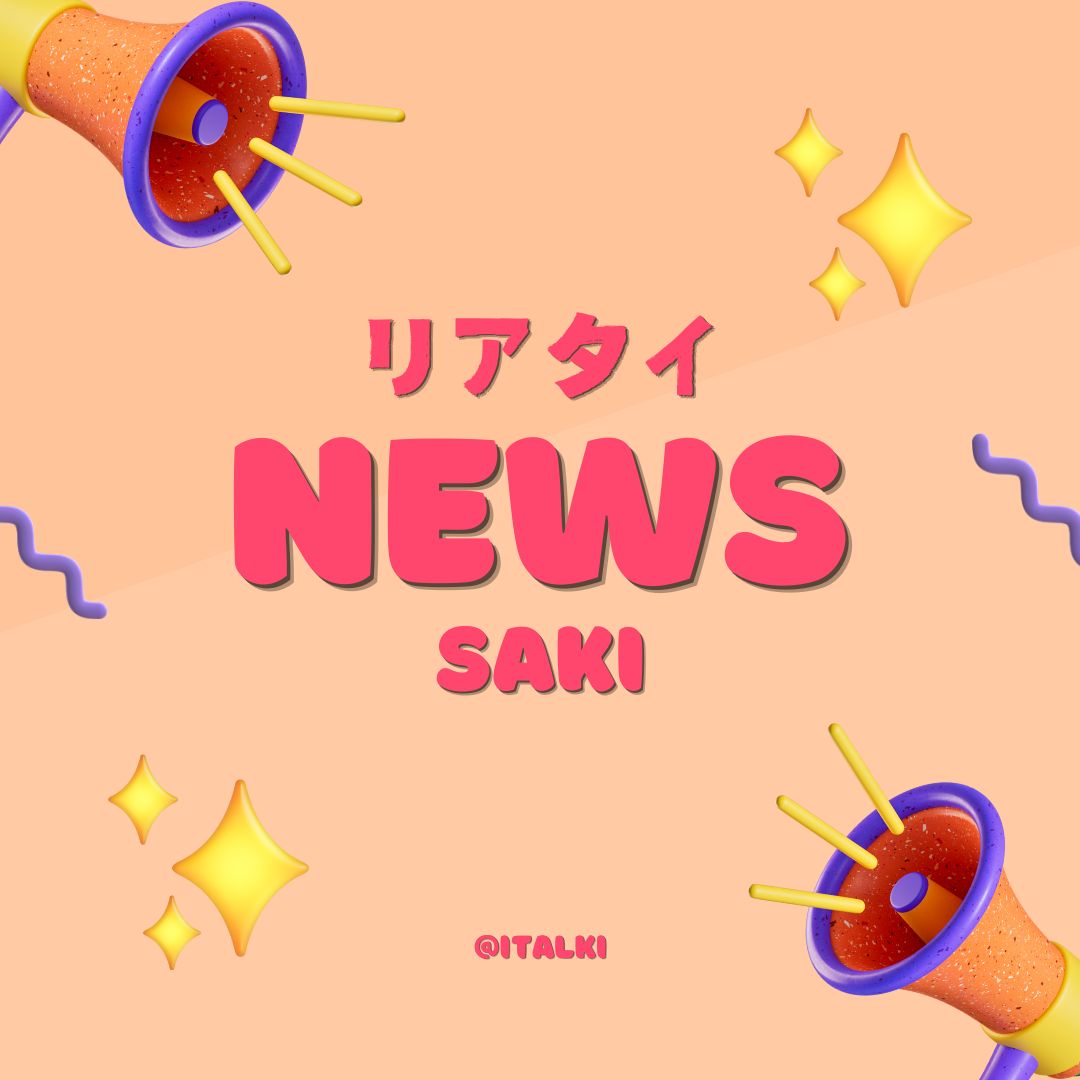
京都の二条城 - Nijo Castle in Kyoto -
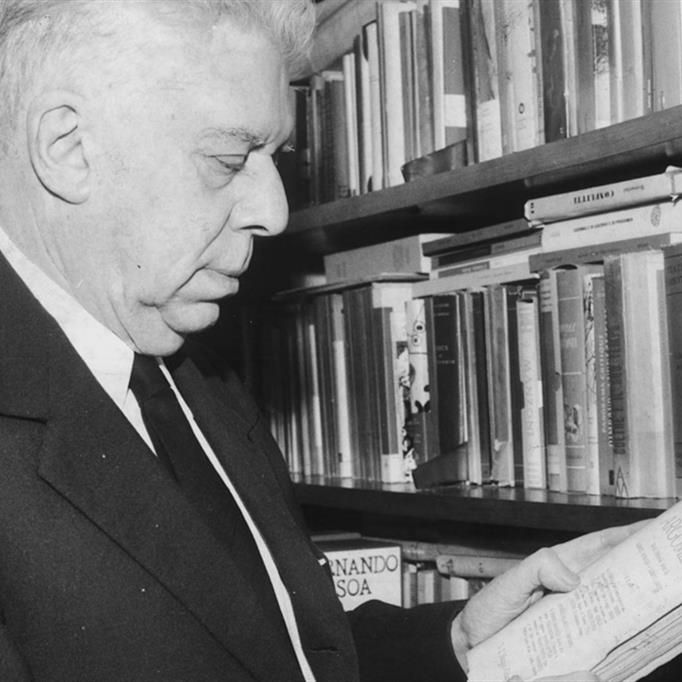
Ho sceso, dandoti il braccio, almeno un milione di scale
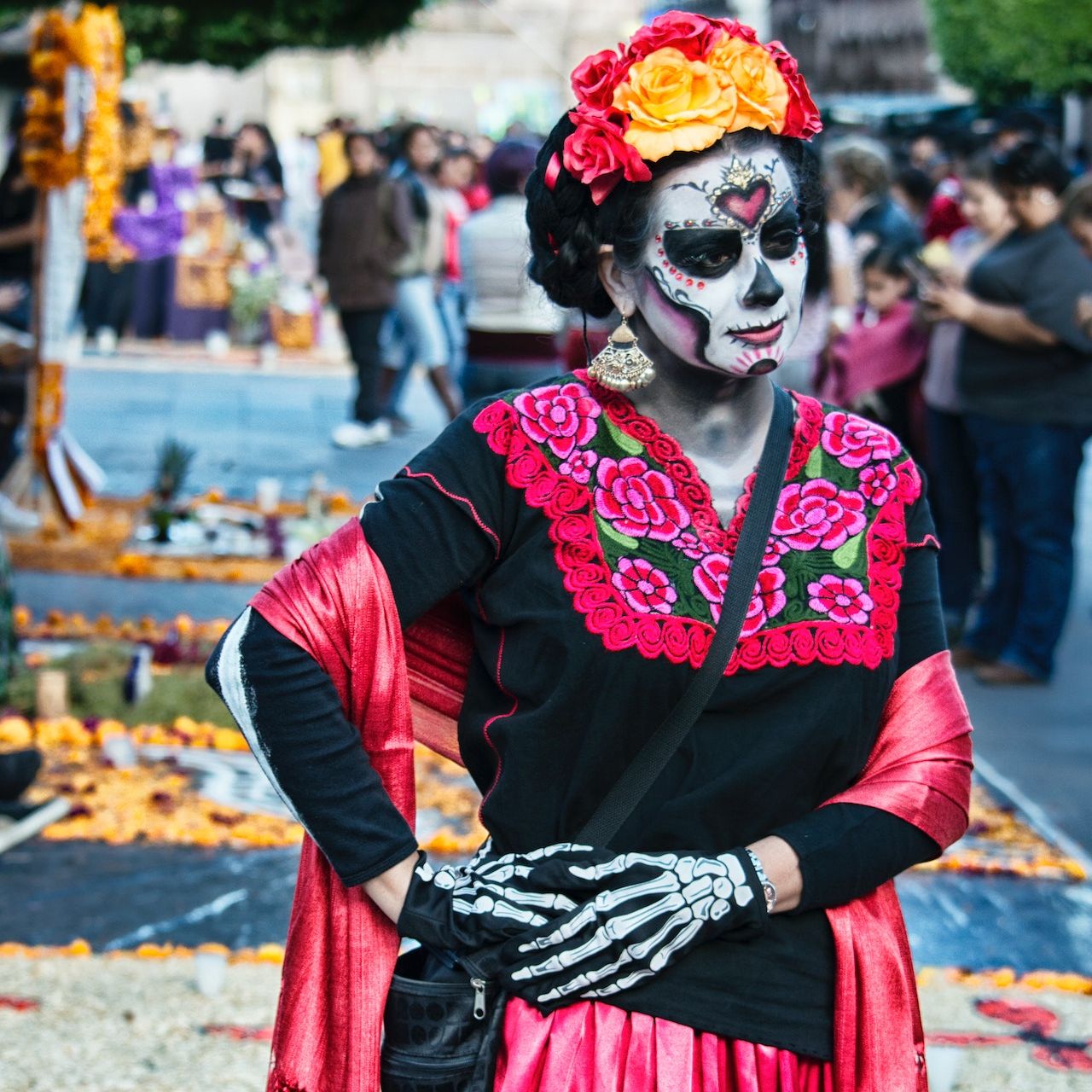
Describe a person you know from another culture
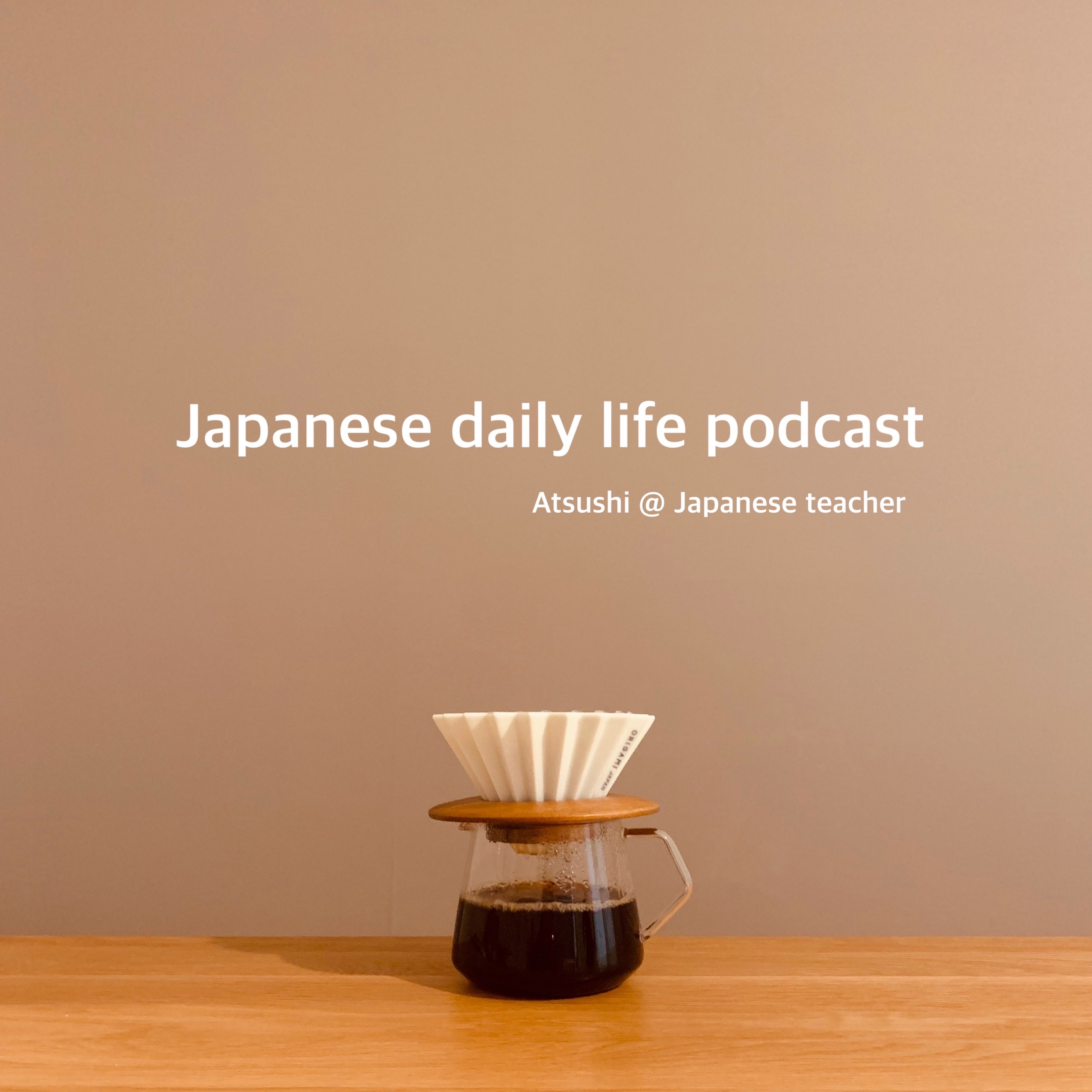
#261 N3 〜しかない、について!
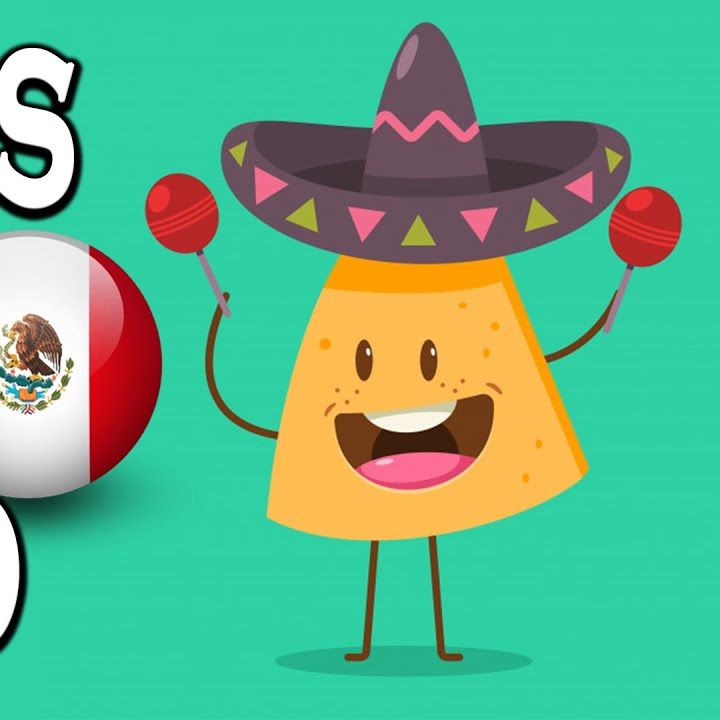
LA AUTOPISTA URBANA SUR DE LA CIUDAD DE MÉXICO.
Episodi popolari

Ты со мной?
Вкратце расскажу о том, как вчера наводила порядок

Learn Basic French Podcast
Learn Basic French: Les moyens de transport (means of transport)

Blanca to go
61 – familias de palabras.

NEWS for beginners - Native Japanese Accent -
京都の二条城 - Nijo Castle in Kyoto -

Leggo la letteratura italiana per te
Ho sceso, dandoti il braccio, almeno un milione di scale

IELTS 85 Speaking
Describe a person you know from another culture

Atsushi のJapanese podcast (travel/news /文法・漢字・語彙/Osaka/Hokkaido/🇹🇷🇬🇪🇦🇲🇪🇸🇵🇹)
#261 N3 〜しかない、について!

CHISTES MEXICANOS
LA AUTOPISTA URBANA SUR DE LA CIUDAD DE MÉXICO.